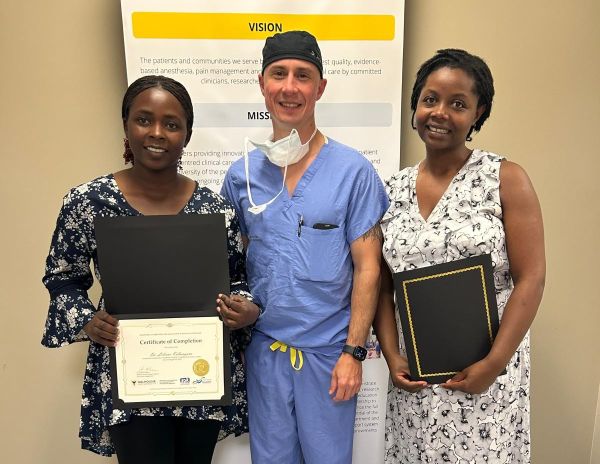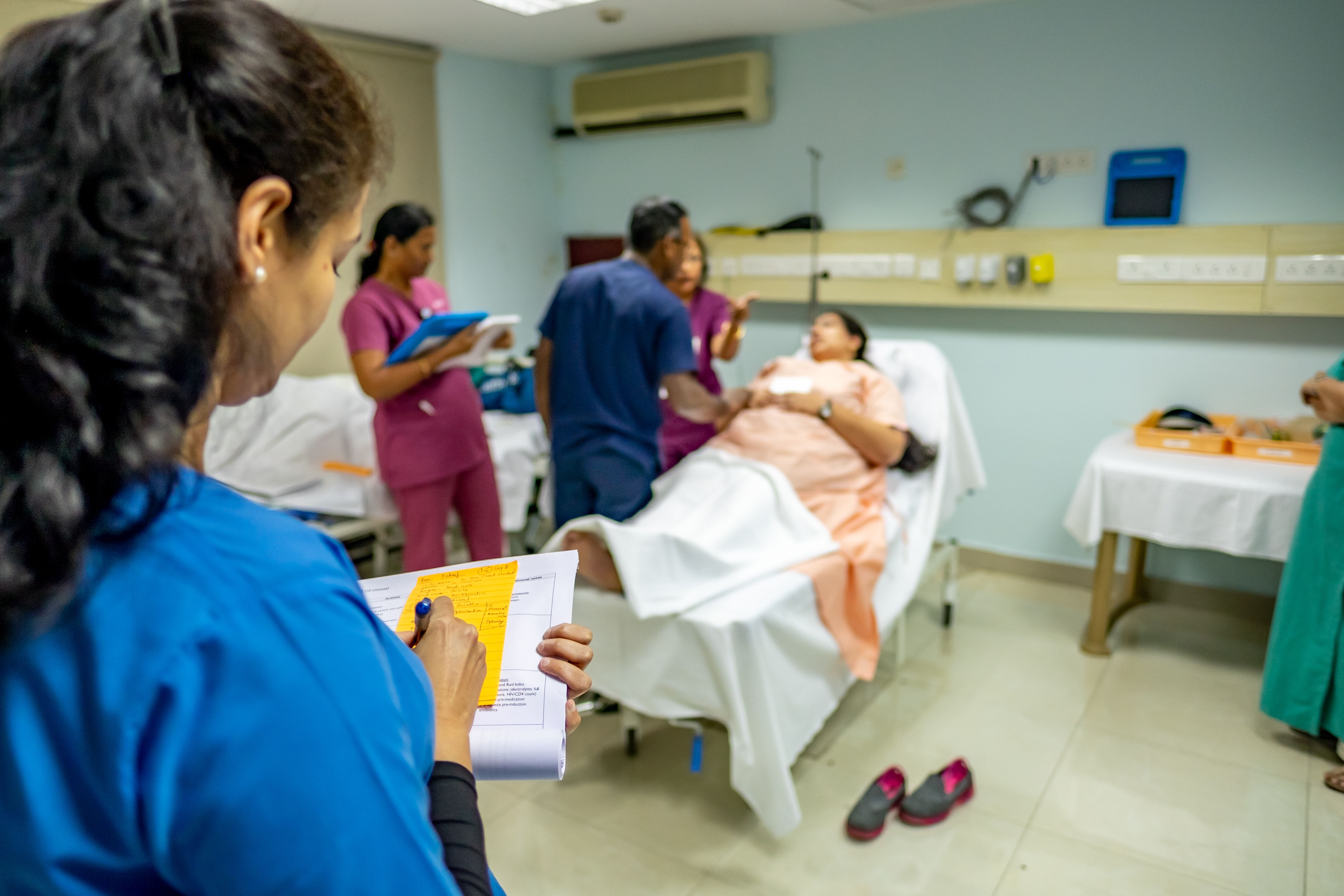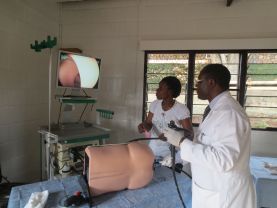Global Health and Community Engagement
Global Engagement and Outreach
Through our global health efforts, we are helping to provide anesthesia training and resources to resource-limited settings around the world.
Globally, about 310 million major surgical operations are conducted each year. In some regions, anesthesia-related mortality is as high as 1 in 150 patients receiving general anesthesia. Safe surgery requires safe anesthesia, which can only be delivered if sustainable, high-quality training and resources are available.
Our department has actively supported global health activity since 2009. Our faculty members have also participated in education, service, and research collaborations in Asia, Africa, Central America and the Middle East.
Programs and Initiatives
Events
Contact
Dr. Jon Bailey
Medical Director - Global Health and Community Engagement
Jonathan.Bailey@dal.ca




